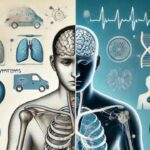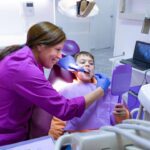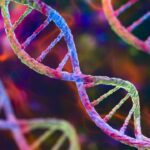The World Health Organization dubbed the recently discovered B.1.1.529 strain of Covid-19, which was initially isolated in southern Africa, as Omicron and deemed it a variation of concern.
The classification places Omicron, together with the internationally dominant Delta and its weaker rivals Alpha, Beta, and Gamma, in the most troublesome category of Covid-19 variations.
On Friday, nations scrambled to halt flights in order to slow the spread of Omicron, while stock markets and oil prices plummeted due to fears about the variation, potentially wreaking havoc on the global economy.
“The WHO has recognized B.1.1.529 as a variant of concern (VOC), named Omicron,” the UN health agency said in a statement. “Based on the evidence given indicative of a harmful shift in Covid-19 epidemiology… the WHO has designated B.1.1.529 as a variant of concern (VOC), named Omicron.”
According to the WHO, completing Omicron research to evaluate if there are any changes in transmissibility, severity, or implications for Covid vaccinations, testing, and treatments could take several weeks.
Concerns about reinfection
The WHO’s Technical Advisory Group on SARS-CoV-2 Virus Evolution changed its classification during a hastily convened virtual conference.
On Wednesday, the WHO received the first report of the variation from South Africa. A specimen taken on November 9 was the first known verified Omicron infection. Infections in South Africa have risen sharply in recent weeks, coinciding with the discovery.
The WHO stated, “This variety features a huge number of alterations, some of which are problematic. Preliminary evidence suggests that this variation has a higher risk of reinfection than other VOCs.”
According to the report, the number of Omicron cases appeared to be rising in practically all of South Africa’s provinces. “Current SARS-CoV-2 PCR tests continue to detect this variant,” the WHO said of testing for the virus.
Alphabetical List of Greek Names
All viruses, including SARS-CoV-2, the virus that causes Covid-19 sickness, mutate over time.
The appearance of variants that posed an increased risk to global public health in late 2020 caused the WHO to classify them as variants of interest and more concerning variants of concern, in order to inform the pandemic response. To avoid stigmatizing the countries that originally discovered the mutations, the UN health agency opted to name them after letters of the Greek alphabet.
On Friday, the World Health Organization (WHO) urged governments to step up surveillance and virus sequencing efforts in order to better understand circulating variations.
The WHO’s technical lead on Covid-19, Maria Van Kerkhove, recommended people take precautions to avoid contracting the virus. She stated, “We recognize that people are concerned.”
“As a person, the most important thing is to reduce your exposure. “These proven public health practices, like distance, mask-wearing, avoiding crowded settings, and sufficient ventilation, has never been more necessary,” she said, adding, “and when it’s your turn, get vaccinated.”
Travel Issues
Aside from South Africa, Omicron has been found in a person from Malawi, Botswana, Belgium, and Hong Kong in Israel.
Despite governments scrambling to block flights, the WHO had previously advised against implementing travel restrictions as a result of Omicron.
In light of the mutation, the organization advised governments to take a risk-based and scientific approach when contemplating travel restrictions but cautioned against limits. “At this time, enforcing travel restrictions is being advised against,” said spokesperson Christian Lindmeier.
Aside from Delta, Omicron, and the three other VOCs, there are two lower variations of interest at the moment, with another seven under surveillance. Delta, which is more transmissible than the original strain, has mostly displaced other varieties over the world.
Delta sequences made up 99.8% of the 845,000 sequences contributed to the GISAID global science effort using specimens obtained in the last 60 days.
Apart from it, you can read these articles: Samsung Galaxy S21 FE review, DaBaby net worth, Shetland Season 6, Primal Season 2, Cells at work Season 2, Goku, 6ix9ine net worth, The Shannara Chronicles Season 3, Death Note season 2, KProxy, Kung Fu Panda 4, 7StarHD, 123Mkv, Afdah, FFMovies, Bolly4U, Moviesflix, TrueID, Crystals for Protection, Mewing, How to charge crystals, Knightfall Season 3, Vampire Diaries season 9, Homeland Season 9, Sherlock season 5, Goodyear Viva 3, High sleeper bed, Cash for Cars, F95zone, the 100 Season 8, Salvation Season 3, Shadowhunters season 4, Poldark season 6, Good Place season 5, Madison beer net worth, Gravity Falls season 3, Hunter x Hunter season 7, Marvelous Mrs. Maisel Season 4, Bloodborne 2, Derry Girls season 3, and Knightfall Season 3, you can follow our Entertainment, Health, Technology, and Business category.


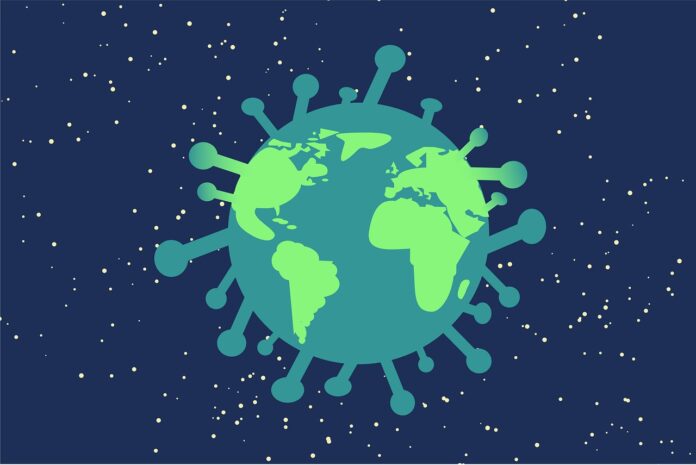
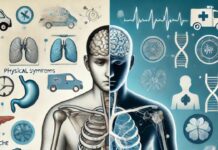
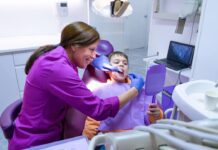
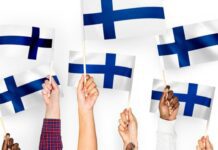








![Technical Aspects of 844 Area Code in 2024 [Detail Guide] 844 Area Code](https://articleify.com/wp-content/uploads/2024/01/844-Area-Code-150x150.jpg)

